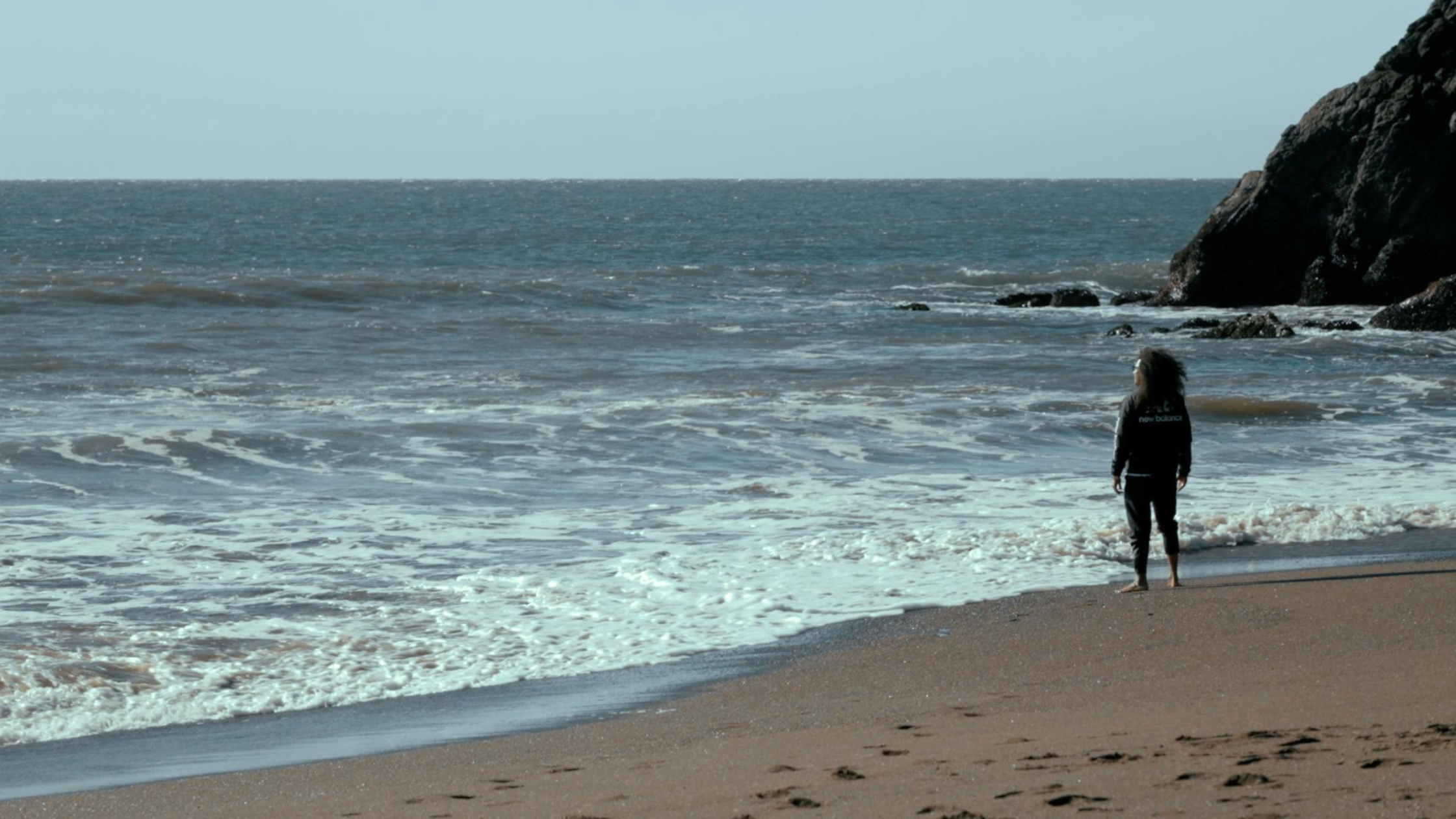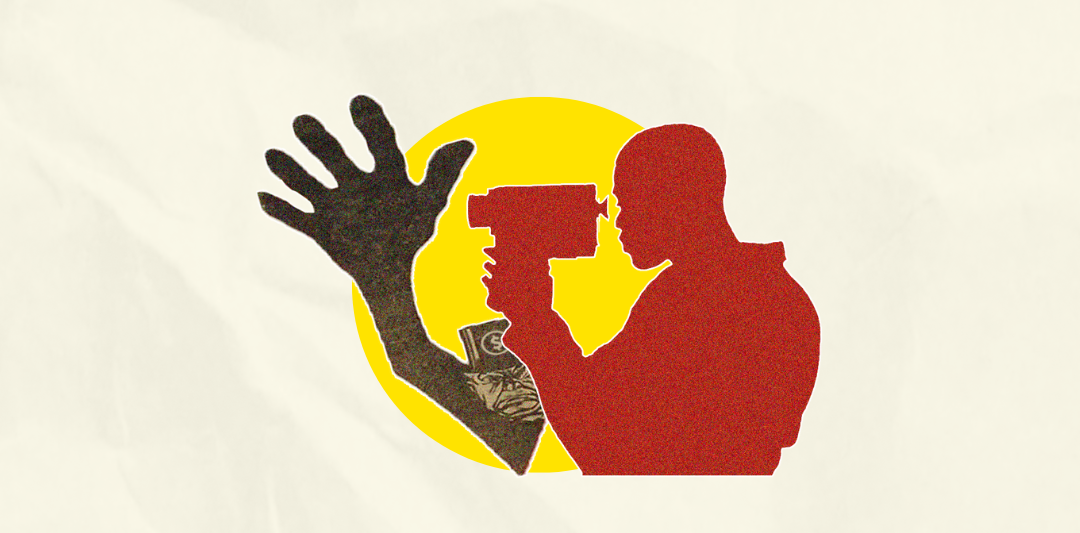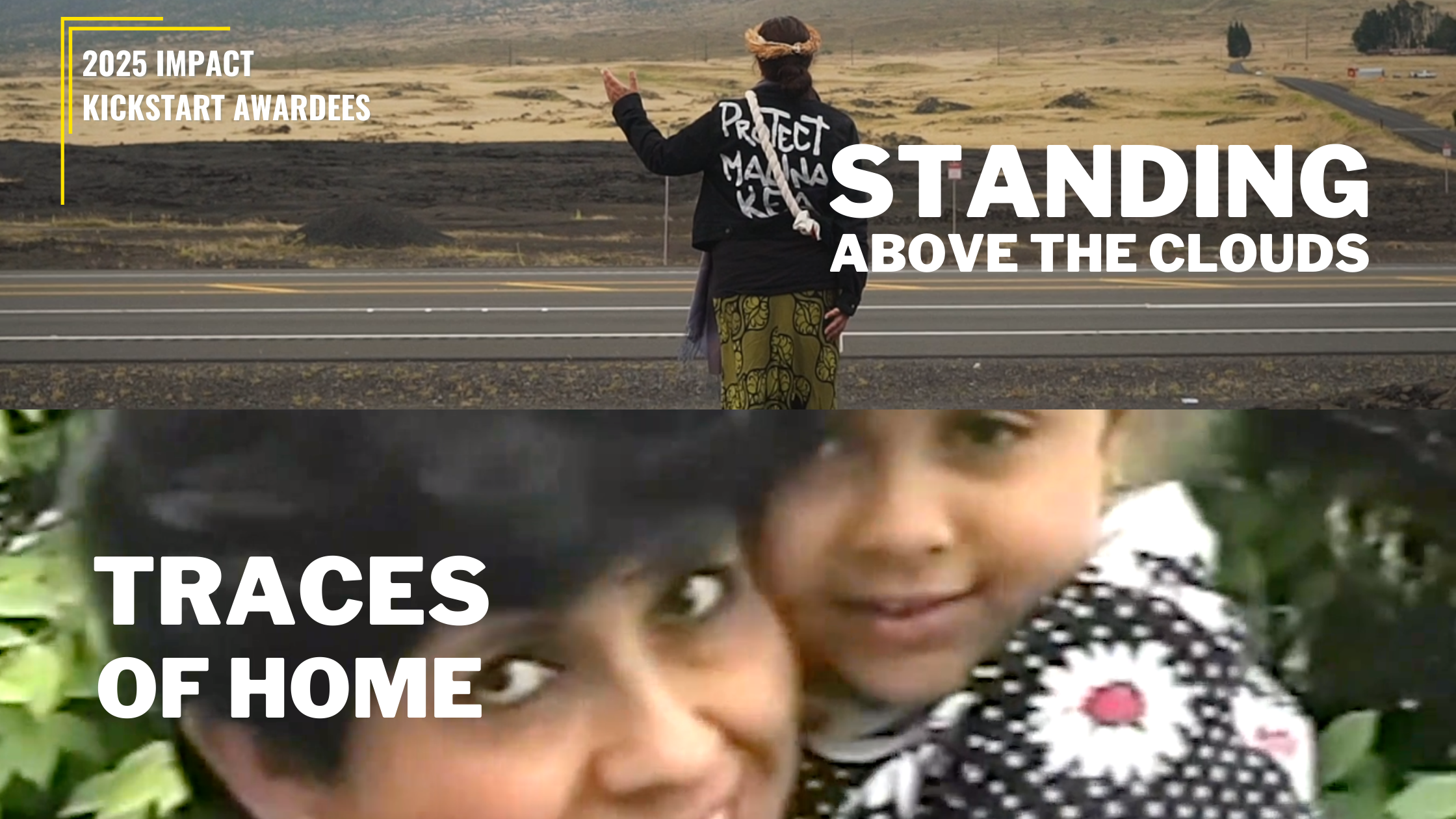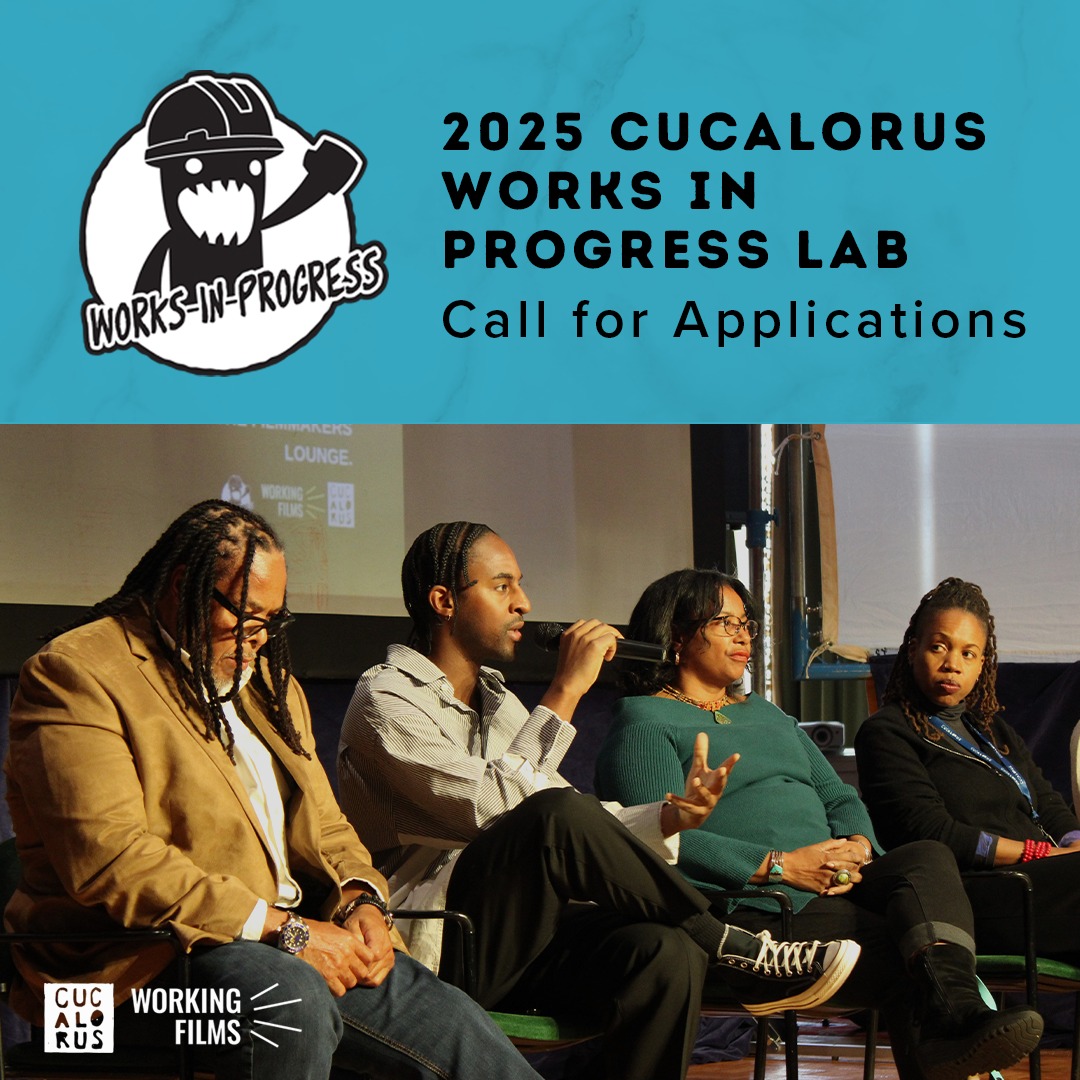Imani Russell writes about the intersection of social life and social issues, and works to reimagine new avenues towards social justice. This work can be done in many ways, but they’d like to start with a story.
___
Being in control of your own life is a human right. However, for incarcerated individuals, control is often the first thing they are stripped of while in prison, leaving them especially vulnerable to outside media makers mining their lives for content.
Unfiltered stories from incarcerated people are under-told and under-valued. This is just one of many consequences of a carceral system that often dehumanizes individuals by breaking down their means of connection. Understanding how this happens and learning new ways to counter these harmful practices will help put power back in the hands of people in prison.
The prison system favors external filmmakers and journalists coming in and capturing incarcerated stories rather than giving imprisoned people the means to document and share their own experiences.
“[Outside media makers and journalists] are committed to the work of journalism or the work of telling stories to certain audiences, to the industry, and [to] selling stories and certain ideas,” said Adamu Chan, a board member at Working Films and the Director and Producer of What These Walls Won’t Hold, a short documentary that explores the effects of the Covid-19 pandemic on California prisons, and how relationships built on trust and shared experiences can be a roadmap to radical change.
As someone who was previously incarcerated, Chan spoke about the prison filmmaking landscape and the inherent power differences that arise when non-incarcerated people come in to film someone else’s story.
“Usually, people sharing the story don’t benefit at all, and in a lot of ways, are harmfully impacted by narratives put out there by folks…It was something important for me that, as a filmmaker, [I recognize that] I had the most to gain, and people’s stories I was telling had the most to lose,” Chan emphasized.
Incarcerated participants in these projects are usually not compensated for their time, and they may be at risk for longer sentencing, parole issues and other adverse effects at the mercy of the filmmaker.
Even though so much harm is being done to these incarcerated participants, there is still a stigma that allowing imprisoned people to tell their own stories will compromise the “integrity” of the project. The film industry often overcompensates for how necessary an “outside” perspective on the carceral system actually is. A deep understanding of one’s own experiences is often mistaken for bias.
“There is no objectivity,” Chan stressed. “Everyone comes in with their own biases, and the people that are closest to the subject or issue are the ones telling a truth that people aren’t privy to.”
The outsourcing and warping of incarcerated people’s experiences is part of a larger system of dehumanization that surrounds every aspect of incarcerated life. This dehumanization often manifests by stifling avenues of connection.
Prisons are usually built in rural areas, despite many of the people inside coming from urban regions, making traveling for visitation difficult. Time constraints are often put on phone and video calls, and having to pay to send and receive letters–a process that has recently shifted to fully virtual in many prisons–is extremely restrictive.
“I think that at the base of what, to me, feels like the most violent aspect of incarceration is the separation…the breaking down of communities and relationships and [the] isolation of people from their families and loved ones,” Chan said.
Even though there are still so many barriers to connection for incarcerated individuals, many organizations are working to bridge the widening gap that the carceral system has set in place. Organizations like Black & Pink, Critical Resistance and Survived and Punished use letter-writing programs to connect incarcerated and non-incarcerated people. The latter two also work directly with members on the inside and formerly imprisoned people as part of their advocacy and political work. Initiatives such as The Visiting Room, the Prison Journalism Project, Represent Justice and Working Films’ Beyond Walls work to capture the unfiltered and authentic stories of people currently or previously imprisoned.
Working Films’ Beyond Walls organizing initiative aims to redefine and amplify what abolition of the prison industrial complex* can look like. They are currently touring a documentary compilation centered around the role that connection plays in resistance to this system. One of the films in the compilation is Calls From Home by Sylvia Ryberson, who uses animation and voice-overs to overcome the invisibility of life inside and the distance that causes.
What These Walls Won’t Hold by Adamu Chan is also featured in the compilation, which captures both the lightest and the darkest moments of incarceration, while emphasizing how the most profound experiences exist in the gray. When it comes to film, Chan spoke about the importance of seeing incarcerated people not only as subjects, but as audience members too, and creating media where “language is not explained.”
“There’s a certain intimacy to that which lends to solidarity and healing that I think is lost when we get caught up with “Oh, these folks won’t understand this, and we need to cater to their needs and their gaze.”…Not to say there’s not a place for that, but it’s overwhelmingly a part of this space and this genre,” Chan clarified. “[My work is] not so much centered on people’s minds that we want to transform, but to really bridge the connections that have been broken through the process of incarceration.”
There is much more that needs to be torn down before a better system can be rebuilt, but working towards that goal truly begins with putting an ear to the wall and being willing to listen.
* The Prison Industrial Complex (PIC) is a term to describe the overlapping interests of government and industry that use surveillance, policing and imprisonment as solutions to economic, social and political problems.







